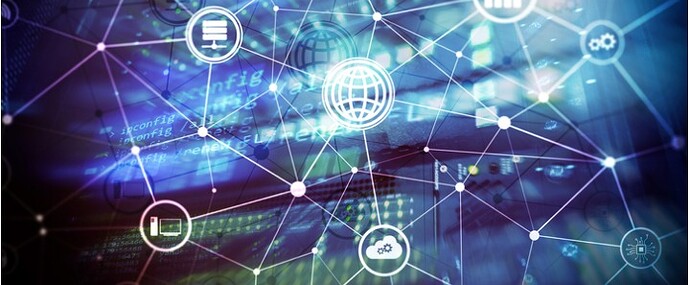Join us for a live written discussion exploring how businesses can help not just their own internal talent and skills development during the fourth work revolution but also the wider communities they serve and in which they operate.
Live Panel
Thursday 31 January 2019, 3pm-4pm- GMT (10.00am-11am EST). ADD TO CALENDAR
Background
66% of manufacturing jobs in the US have disappeared over the past 50 years, 5 million jobs since 1999, according to research from the Mastercard Centre for Inclusive Growth - jobs which aren’t coming back and aren’t being replaced. Meanwhile, Oxford University experts estimate that 47% of all jobs globally are exposed to future automation.
The Future of Work raises huge issues for business in terms of talent, skills and recruitment. It also raises huge issues for society; given that the transition to the future of work could heavily exacerbate inequality, income disparities and social exclusion, some businesses have begun to think about how they address the wider impacts on the communities in which they operate.
Join this live written discussion on Thursday 31st January to engage with business experts from across sectors and explore why business is taking this seriously, what they are doing about it and how they are seeking new collaborations to tackle the scale of the challenge.
Panel
Christian Gomez, Director, Global Government Affairs (Latin America), Walmart
Harsha Jalihal, VP HR - Future of Work, Unilever & Seconded to the World Economic Forum
Kitrhona Cerri, Director, Social Impact, World Business Council for Sustainable Development
Nathan Martin, Director of Global Thought Leadership, Pearson
Kathryn Rowan, Vice President, Human Resources, Zone Americas, Nestlé
Giles Sibbald, Executive Director, Head of Financial Planning & Wealth Planning Solutions, UBS
Charles Tsai, Sr. Manager, Social Innovation Partnerships, Fossil Foundation
Euan Wilmshurst, Corporate Citizenship Leader for Asia Pacific, IBM
Moderator: Katie Hyson, Director of Insights, Business Fights Poverty
Questions
-
Why does the Future of Work go beyond a skills and talent as an issue businesses should be engaging with?
-
What are the businesses who are leading in this space doing on the topic of the Future of Work?
-
Why and how should businesses collaborate on this topic to address the challenge?
How to participate
If you are already a member of the Business Fights Poverty online community, click “Log In” at the top right of the page and then enter your details. If you have not logged into our new community platform, you will have to reset your password here: New Password - Business Fights Poverty
If you are not already a member of the Business Fights Poverty online community, you will need to sign up here: Login - Business Fights Poverty. Once you are have joined the community, you can return to the discussion page, click “Log In” at the top right of the page and then enter your details.
Please add a profile photo - this helps the discussion feel much more engaging! To add a profile photo, click here: Business Fights Poverty (You can update other profile information and reset your password here too).
